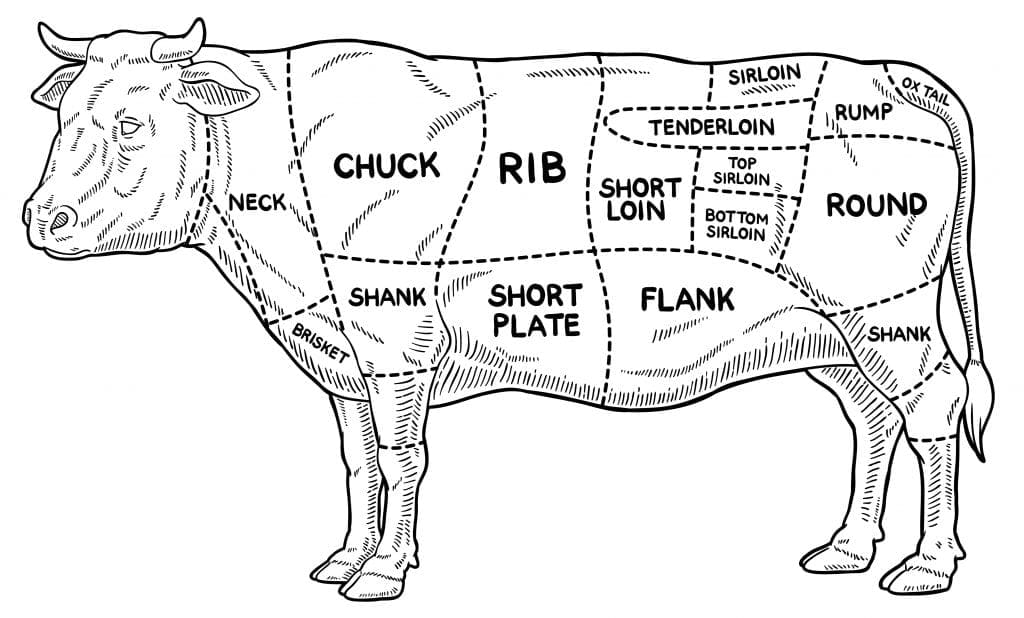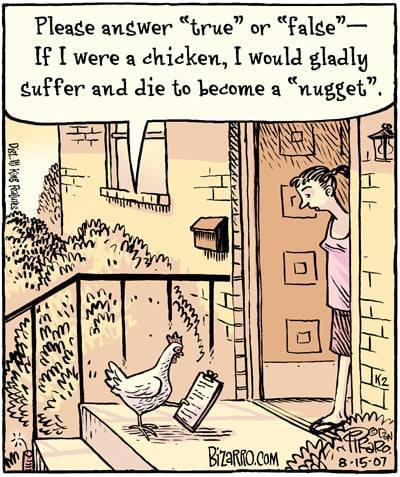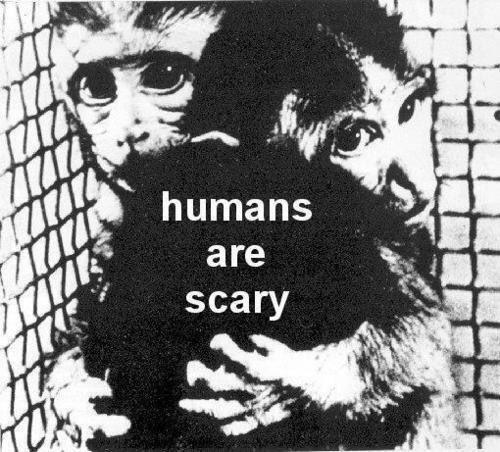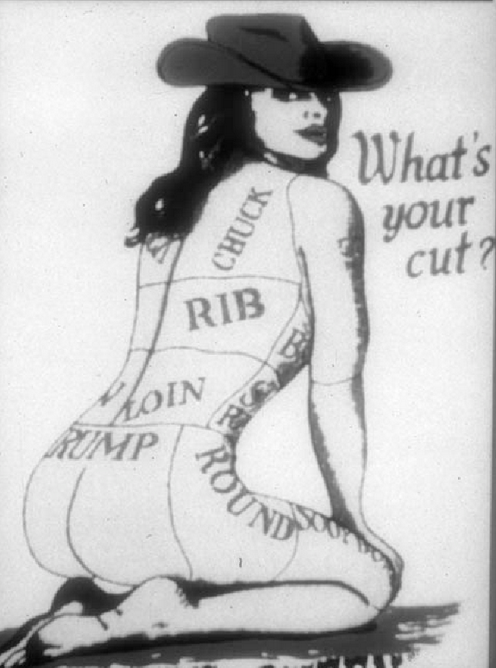So our public-health infrastructure has wasted a lot of time not doing the right kind of surveillance on this virus. What is a realistic best path forward now, especially considering we’ll have a new presidential administration coming in?
David O’Connor: At the risk of saying something maybe a touch controversial, Tom and I were both commenting earlier that we’d listened to this week’s Ezra Klein podcast where the author of Recoding America was talking about how processes often become a substitute for judgment in terms of what the role of government officials should be. And I think we definitely see this — that a lot of public health is policy-driven. Tom and I see this in our own day-to-day lives. In our state of Wisconsin, farmers produce 30 billion pounds of raw milk a year, and yet it’s taken us five months to get permission to bring several ounces of that raw milk into our secure labs because of biosafety concerns that there might be something in this milk that would pose a risk. Even though it’s the same thing that’s being produced in the tens of billions of pounds per year and is being consumed legally and drunk by people in a dozen states.
So I think that one place where there may be an opportunity for some common cause in the new administration — where there is a pointed idea that there should be less regulation, that maybe there should be less indexing on process and more on outcomes — would be to look at this with fresh eyes and say, “What are the things that we are really trying to accomplish here? What are the goals?” And then ask the question, “Are the approaches that we’re using being driven by the best science and the best public health? Or is it being driven by other considerations, like we don’t want to step on the feet of another agency that may also have a stake in this response?”
Public health is something we all need to do. And I’d like to think that maybe we can move things faster if there is a little bit more of an emphasis on outcomes. A lot of things that public health needs to do may be unpopular at the individual level. It may be difficult for individuals, but it’s needed for community health, for literal public health. And maybe in a new administration, an optimistic take is that a reduction in regulation would be one potentially positive outcome that could lead to a more effective response.
There’s the regulation part, and then there’s the tension between the individual and the communal here in the U.S.
Tom Friedrich: I think that’s true. I would add that there should be incentives, and maybe a new administration would find some will to do this. Because ultimately, we need to incentivize cooperation from farmers and their workers to be able to go into farms and do testing. And something that we’re not really talking about here, but underlies all of this, is just a reduction in trust in governments and institutions generally. If we want to avert a pandemic, if a pandemic is about to happen, then people are going to have to act decisively, and very quickly, it’s going to get out of control. So you have a narrow window of opportunity where by definition you have to be acting with incomplete information. If you’re going to be very deliberative about the whole thing, you’re just not going to be able to contain it.



